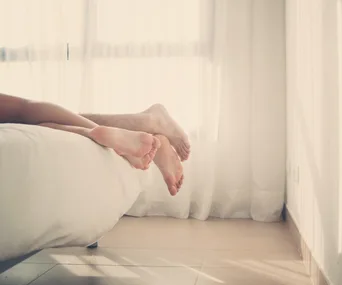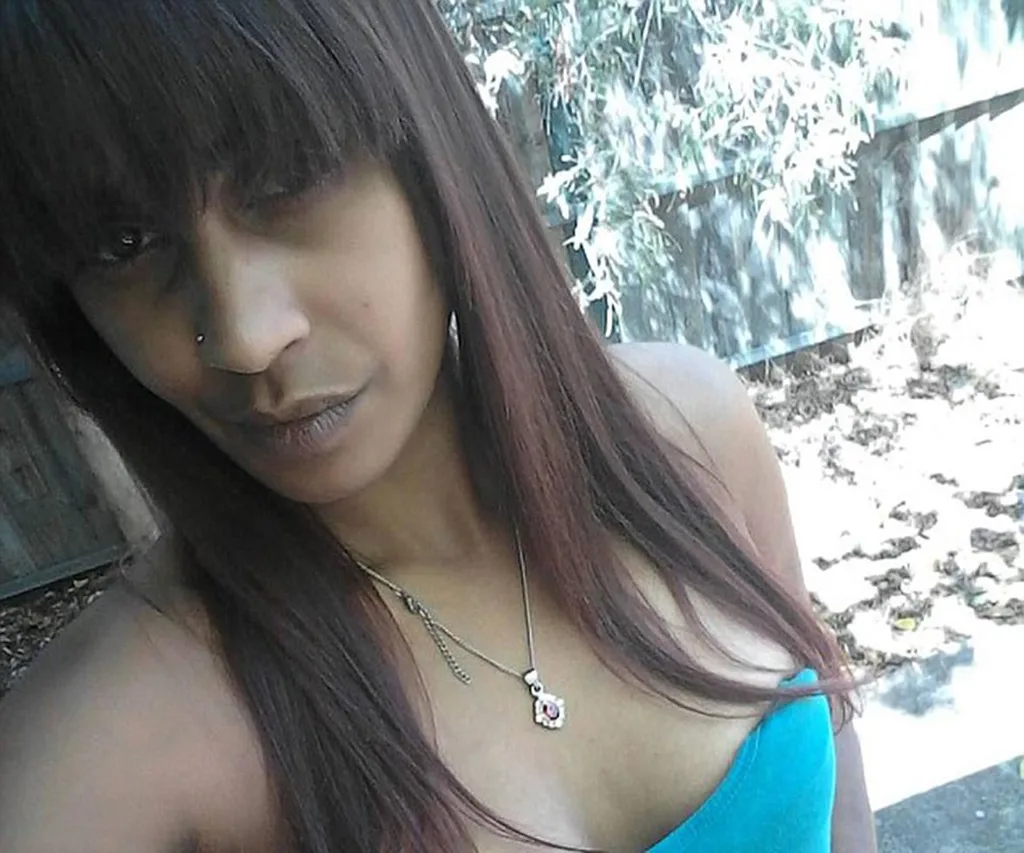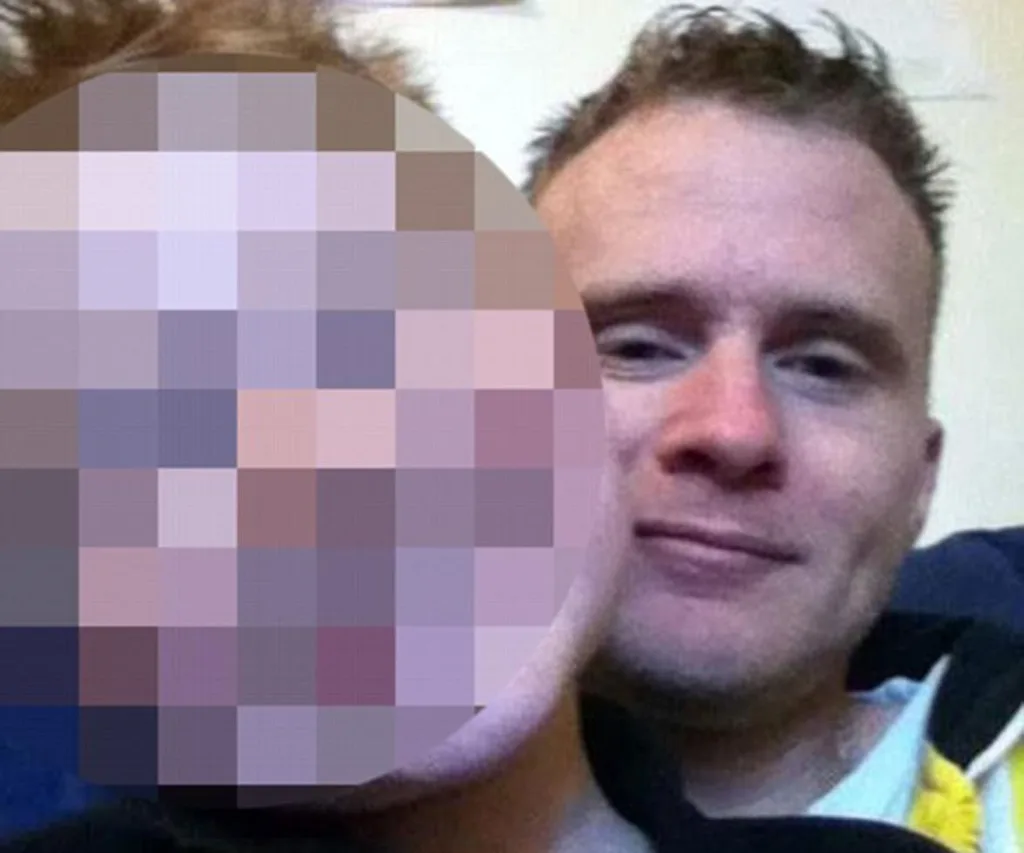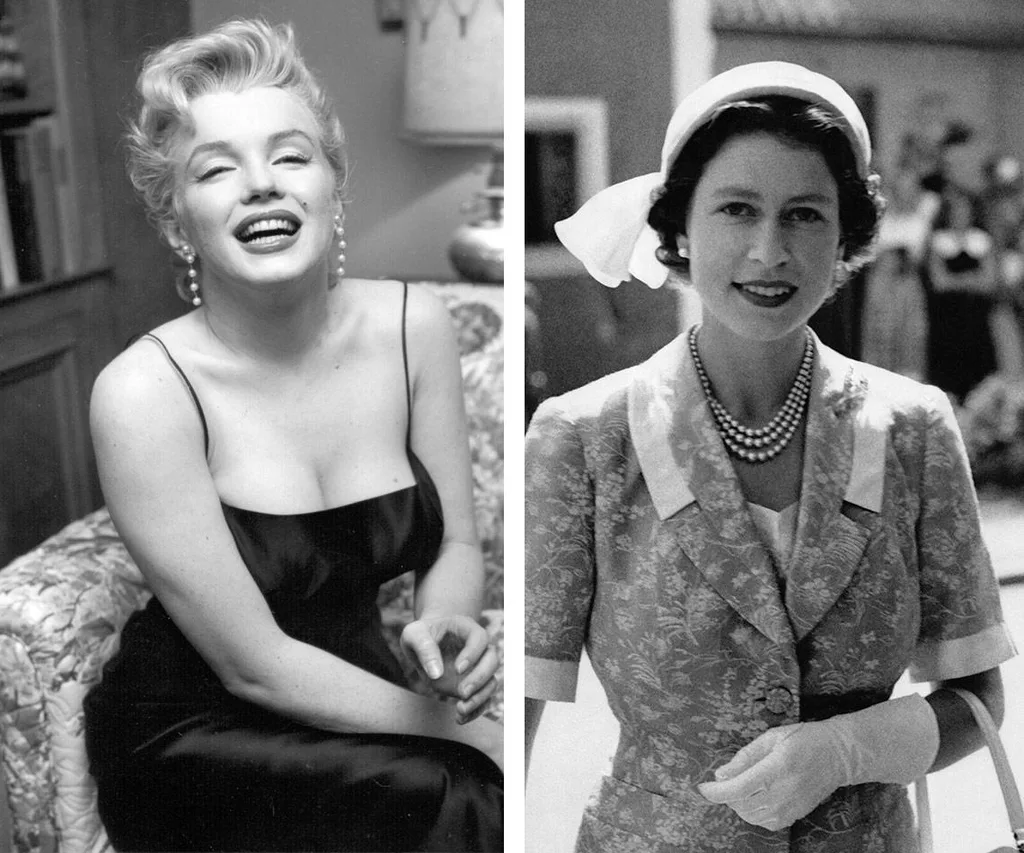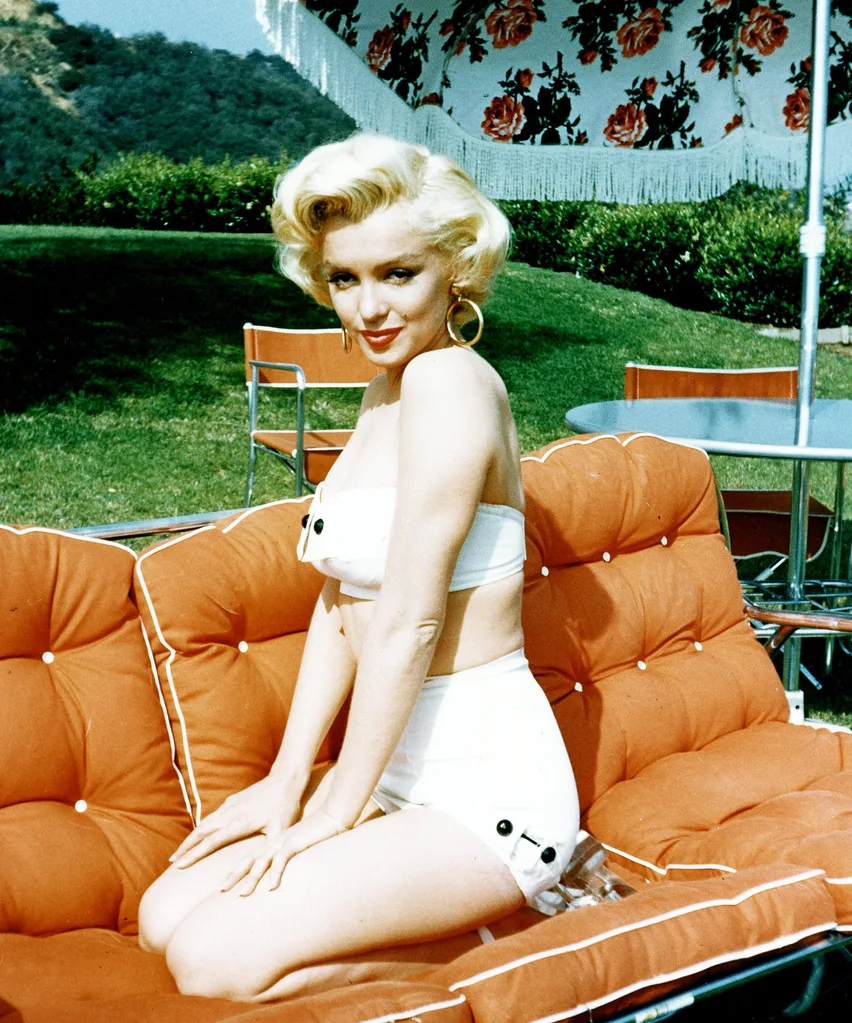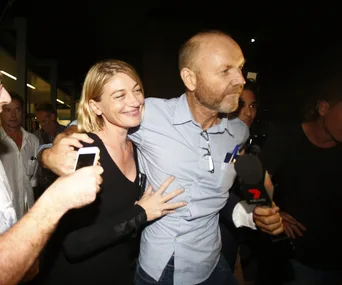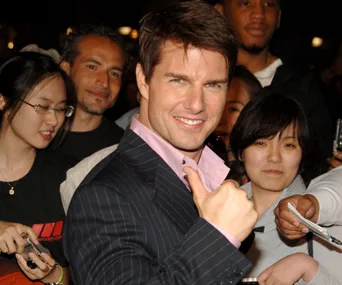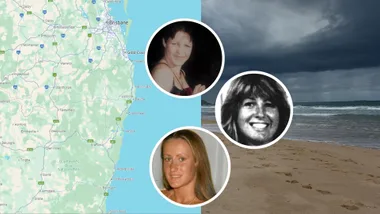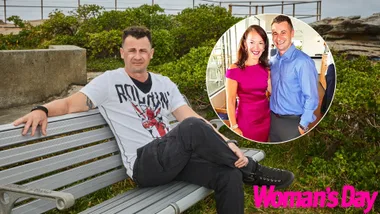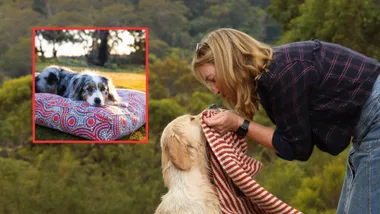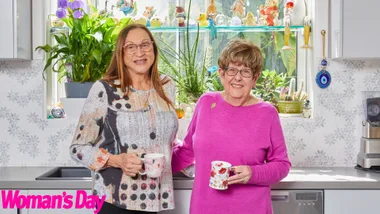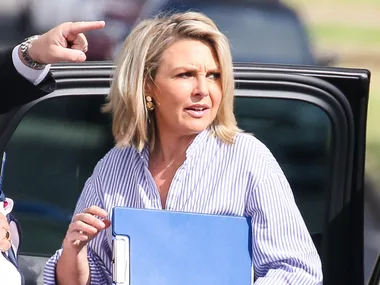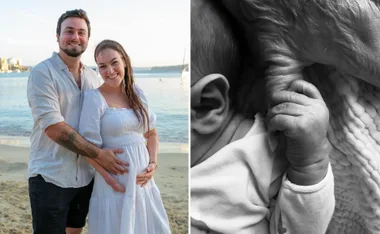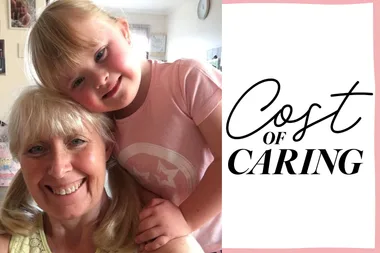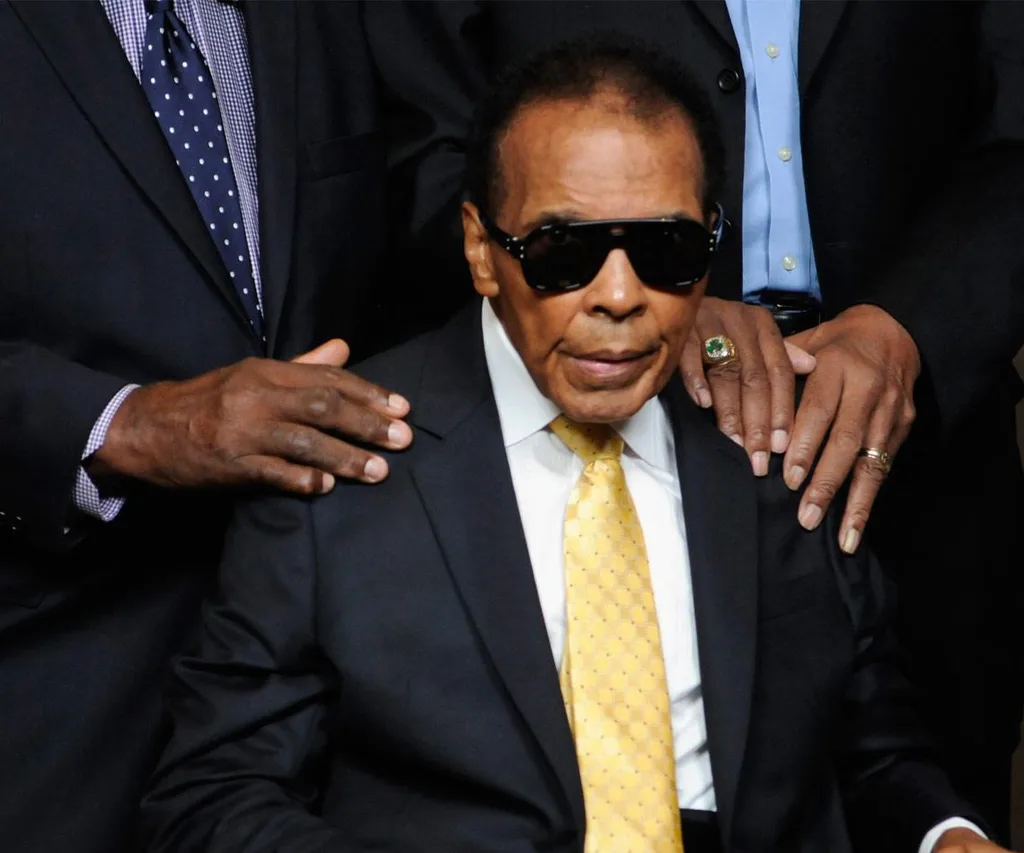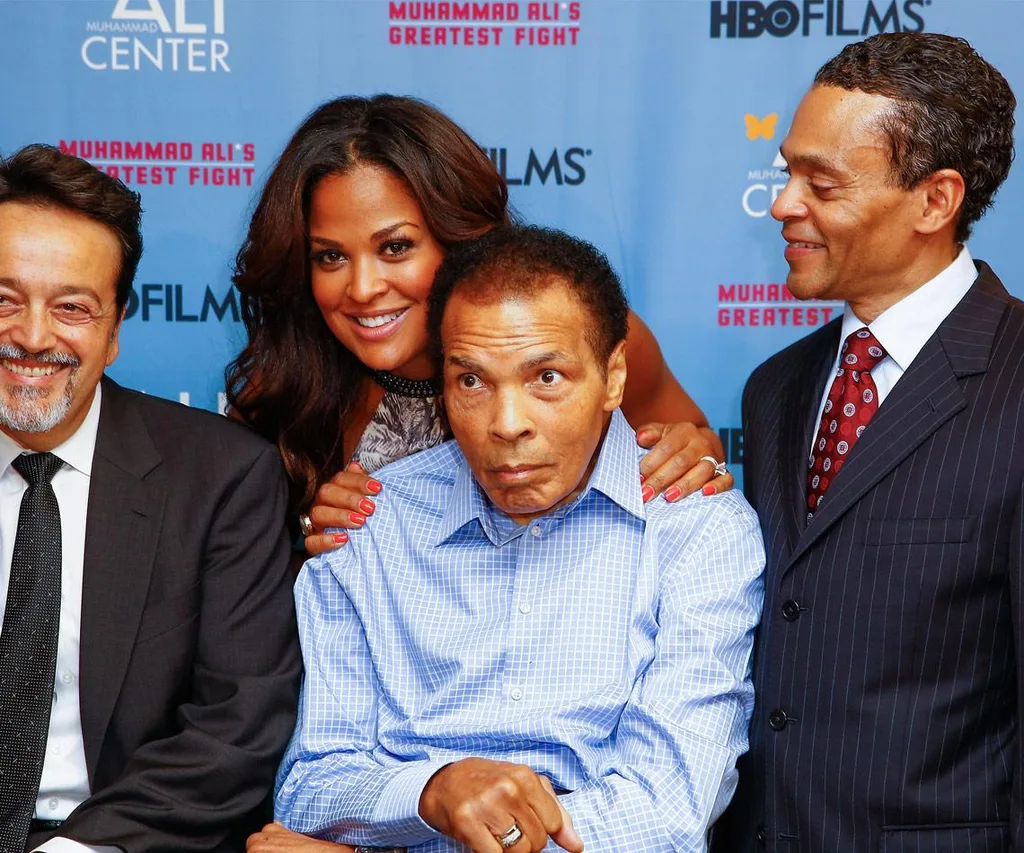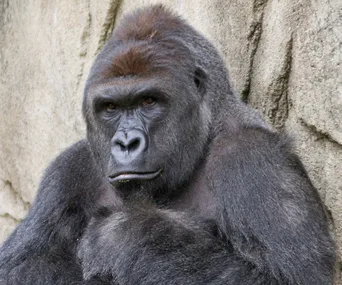When my ex and I decided to separate nearly 10 years ago, it was a tough time. We had plans for the future, eight years worth of photos, memories and private jokes, and a beautiful two-year-old girl whom we both adored.
The early stages were hard. There was blame and a whole lot of hurt from both sides. Each of us said and did things that we wouldn’t be proud of today. I remember shouting at my ex in the middle of the street outside my new apartment, dressed just in a t-shirt and undies, all over who got to keep our daughter’s tricycle.
Welcome to the neighbourhood!
But with a child involved, there comes a point where you just have to make things work. My parents separated when I was six and the memories of having to run to the footpath when my father pulled up and beeped his horn left me determined to ensure my daughter’s experience would be more nurturing.
My first step was to get over myself. Whatever my ex did and didn’t do during our time together had no bearing on his relationship with our daughter. Even during the period after our break-up when he partied pretty hard and wasn’t as responsible as he might have been, I consciously chose to keep my focus on our daughter.
Eventually he got the party out of his system which made liking him a whole lot easier.
Rather than him picking up our daughter for his days with her, we started meeting at a coffee shop near my house. This meant we got to share a coffee once a week and talk about how our daughter was going. This was a huge step for us and just meant we had a chance to talk about issues as they arose, rather than simmering with resentment. It also meant we got to laugh together and talk about other aspects of our lives.
Then, when our daughter started school, we began catching up for lunch without her. Of course we talked about her a lot at first, but then we got to sharing aspects of the rest of our lives.
When I turned 40, I went to a Day on the Green, which had my favourite band playing that day. And it just so happened it was my ex’s favourite band too. We lived together for eight years so we like a lot of the same stuff. It may not have seemed like a natural progression to invite him along but it was the right thing for me. We had a ball.
By this stage, I had a new husband and two more children in tow. My ex is excellent with them all. My younger kids like him and are always excited when he’s coming over to pick up their sister. Sometimes they are a little bit confused as to why she gets to go to his house and they don’t, but mostly they just accept that this is the way of things.
Now my ex is getting married to a wonderful woman who my daughter is crazy about. My entire family is invited to the wedding.
We got here because we both made a conscious choice that this is the place we wanted to get to. We wanted our daughter to be the happy, well-adjusted kid she is. We wanted to choose happiness for ourselves and for each other. We live with that choice every day in the actions we take and the way we communicate with each other.
You might also like: Rare footage of Queen Elizabeth meeting Marilyn Monroe
Newsletter conversion description. Get the latest in your inbox.







